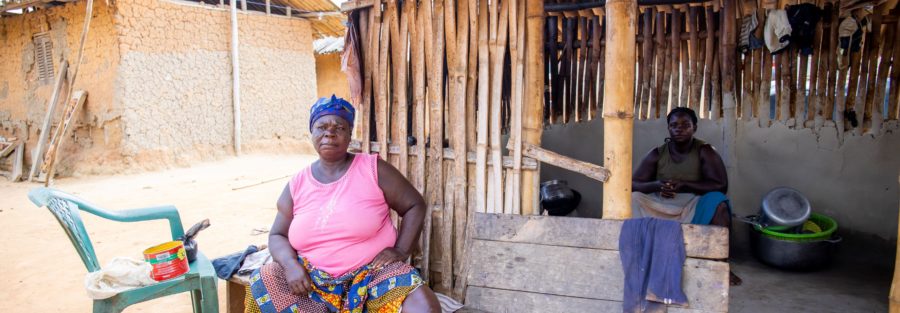Introduction
Data shows that some women aged between 15 and 49 in Ghana reported experiencing some form of domestic violence, including physical, sexual, and emotional abuse. This highlights domestic violence’s pervasive nature affecting individuals across various demographics and socio-economic backgrounds and the widespread nature of the problem highlights the urgent need for comprehensive measures to mitigate its impact.
Barriers to Seeking Help
In Ghana, domestic violence persists due to cultural norms, gender roles, economic dependency, and weak legal protection systems. Stigma and shame often prevent victims from seeking help, as they fear judgment and further isolation. Cultural attitudes that reinforce male dominance within families can normalize violence, making it an accepted way to assert control. Economic dependency on male partners traps many women in abusive situations, as they lack financial independence and fear losing economic security. Although laws exist to protect victims, inconsistent enforcement and societal stigma hinder access to justice. Addressing domestic violence in Ghana requires challenging cultural norms, promoting gender equality, improving economic opportunities for women, and strengthening legal and support services.
The Intersection of Mental Health and Domestic Violence
Domestic violence deeply impacts victims, affecting their physical health, mental well-being, and overall quality of life. Many victims suffer from mental health issues like depression, anxiety, and PTSD, compounded by the stigma that often leads to social isolation and reluctance to seek help. The cycle of abuse can cause victims to internalize the violence, leading to feelings of resentment, self-blame, low self-esteem, and worthlessness. Over time, the emotional and psychological manipulation erodes their confidence, making it hard for them to envision a life free from violence. The long-term mental health effects can persist even after the abuse ends, hindering victims’ ability to maintain healthy relationships, pursue opportunities, and lead fulfilling lives.
Breaking the Cycle of Abuse
It is essential to educate communities about the dynamics of abuse and the importance of supporting victims. Empowering victims through education, economic opportunities, and support networks can enable them to regain control of their lives and escape abusive situations.
Collaboration between legal, medical, and social services is crucial in creating integrated support systems that offer comprehensive assistance to victims, addressing their immediate needs and long-term recovery. By understanding the intersection of mental health and domestic violence, stakeholders can work together to develop effective interventions and support systems that foster healing and resilience for victims.
Efforts to Address Domestic Violence
Various non-governmental organizations (NGOs) like the Alliance for Reproductive Health Rights and community-based organizations’ initiatives are actively raising awareness, providing support services, and advocating for survivors’ rights. These organizations play a crucial role in supporting victims and educating the public about the dynamics and consequences of domestic violence.
However, despite these efforts, much work must be done to shift societal attitudes, enhance the enforcement of existing laws, and offer comprehensive support systems for victims. Addressing domestic violence requires education, community engagement, and collaboration between government, civil society, international partners, and communities.
Increasing public awareness and education can make domestic violence prevention a priority, reducing the need for large-scale interventions. By fostering an environment where domestic violence is openly discussed and understood, society can move towards more effective prevention strategies.
By raising awareness and fostering understanding, we can challenge the societal norms that perpetuate violence and empower individuals to speak out against abuse. Education equips individuals with the knowledge to recognize signs of domestic violence, access resources, and support those in need. Moreover, it helps dismantle the stigma and isolation that victims often experience, encouraging them to seek help and begin their healing journey. By prioritizing education as a tool for prevention and intervention, we can create safer environments where women and girls can thrive, ultimately contributing to healthier and more resilient communities.



